How Sugar Secretly Destroys Your Teeth (Even If You Brush)
Sugar damages teeth — even if you brush after every meal. Surprised? You’re not alone. Many believe that brushing is enough to protect their teeth from decay. But the truth is, sugar is sneakier than we think.
In this post, we’ll uncover how sugar silently harms your teeth, the science behind it, and what you can do to protect your smile for the long haul.
🦷 The Truth Behind Sugar and Your Teeth
We all know sugar contributes to cavities. But how exactly does sugar damage teeth?
When you consume sugary foods or drinks, the bacteria in your mouth feed on the sugars. These bacteria then produce acids that attack your enamel — the protective layer of your teeth. Even if you brush later, this acid damage can begin within minutes of sugar exposure.
⏱️ Why Brushing Isn’t Always Enough
Many people brush twice a day and still suffer from cavities. Why?
- Timing matters: Brushing immediately after sugary intake can spread acid instead of removing it.
- Hidden sugars: Many “healthy” foods contain sugar — like granola, sauces, and flavored water.
- Nighttime vulnerability: Saliva production drops while you sleep, making your mouth more susceptible to acid damage.
So even if you brush, sugar continues its attack behind the scenes.
🍭 Sneaky Sources of Sugar in Your Diet
You may not even realize how often you’re feeding the harmful bacteria in your mouth. Here are common sugar culprits:
- Flavored yogurts and protein bars
- Sports and energy drinks
- Dried fruits
- Store-bought sauces (barbecue, ketchup, pasta)
- Breakfast cereals
These foods don’t just spike your blood sugar — they contribute to tooth decay as well.
🧪 The Science: How Sugar Weakens Enamel
Sugar interacts with oral bacteria like Streptococcus mutans, creating lactic acid as a byproduct. This acid begins to dissolve the enamel, creating small holes or demineralized areas — the first stage of a cavity.
Over time, repeated exposure to sugar can result in:
- Weakened enamel
- Tooth sensitivity
- Discoloration
- Increased risk of deep cavities
Even the best toothbrush can’t undo consistent damage caused by acid.
😬 Are You at Higher Risk?
Certain factors can increase the impact of sugar on your oral health:
- Frequent snacking or sipping on sugary beverages
- Poor saliva flow (often due to medications or dehydration)
- Inadequate flossing or brushing technique
- Existing dental restorations (like crowns or fillings) that trap sugar
Understanding your personal risk is key to prevention.
🛡️ Long-Term Solutions for Protecting Your Teeth
So what can you do to truly guard your smile?
- Limit sugar intake — especially between meals
- Rinse your mouth with water after eating
- Use fluoride toothpaste to strengthen enamel
- Stay hydrated to support saliva production
- Visit your dentist regularly for professional cleaning
- Incorporate natural solutions that work beyond brushing
Many individuals are now turning to natural support systems that work holistically with your body to strengthen your dental defense. These approaches often go beyond surface cleaning to support overall mouth health from the inside out.
Want to know which natural strategies actually help protect your teeth from sugar damage?
👉 Read next: Natural Supplements That Protect Your Teeth From Sugar Damage
📌 Final Thoughts
Brushing is essential — but it’s not a bulletproof shield. Sugar damages teeth by fueling bacteria and acid that work overtime to erode enamel and cause decay, often before your toothbrush even hits the scene.
If you want to truly protect your oral health, consider a more comprehensive approach. Understanding the science behind sugar’s impact is the first step. Combining good hygiene, diet awareness, and natural reinforcement can make all the differen
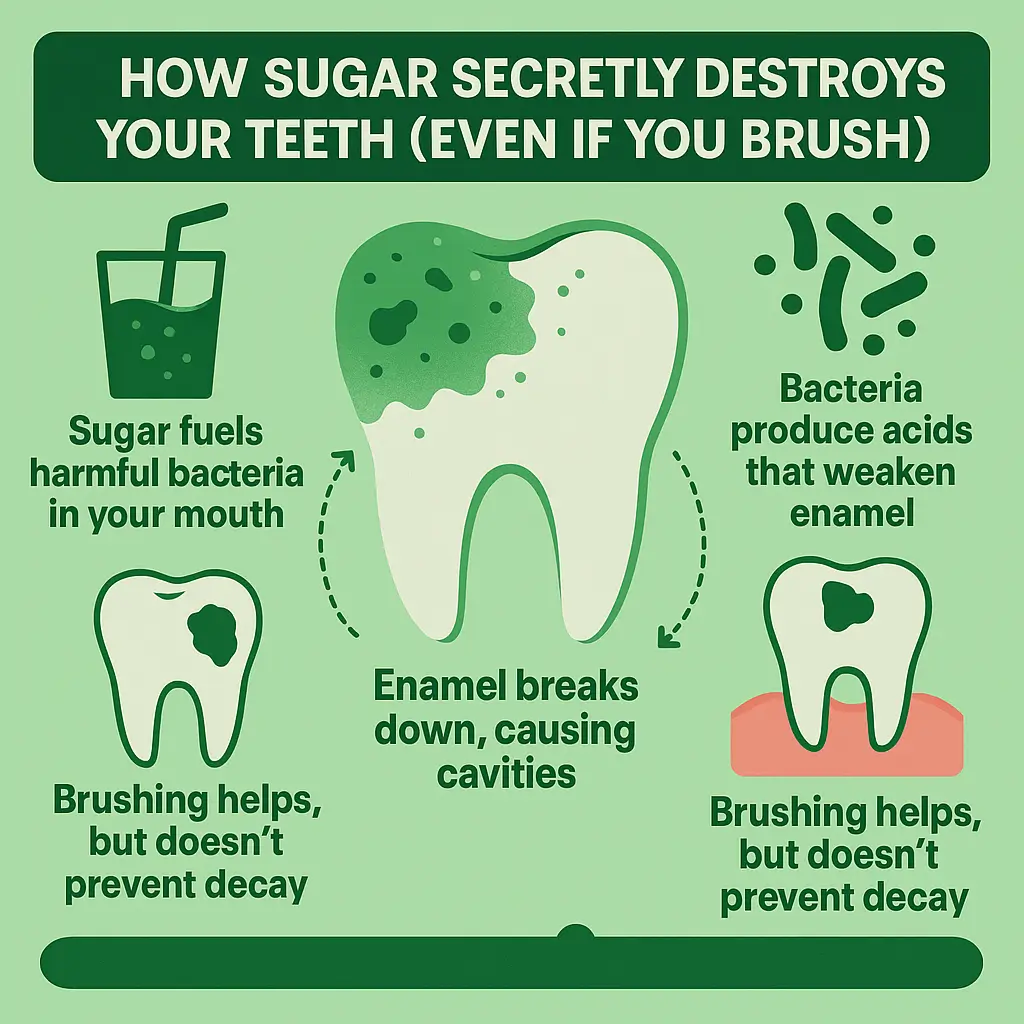
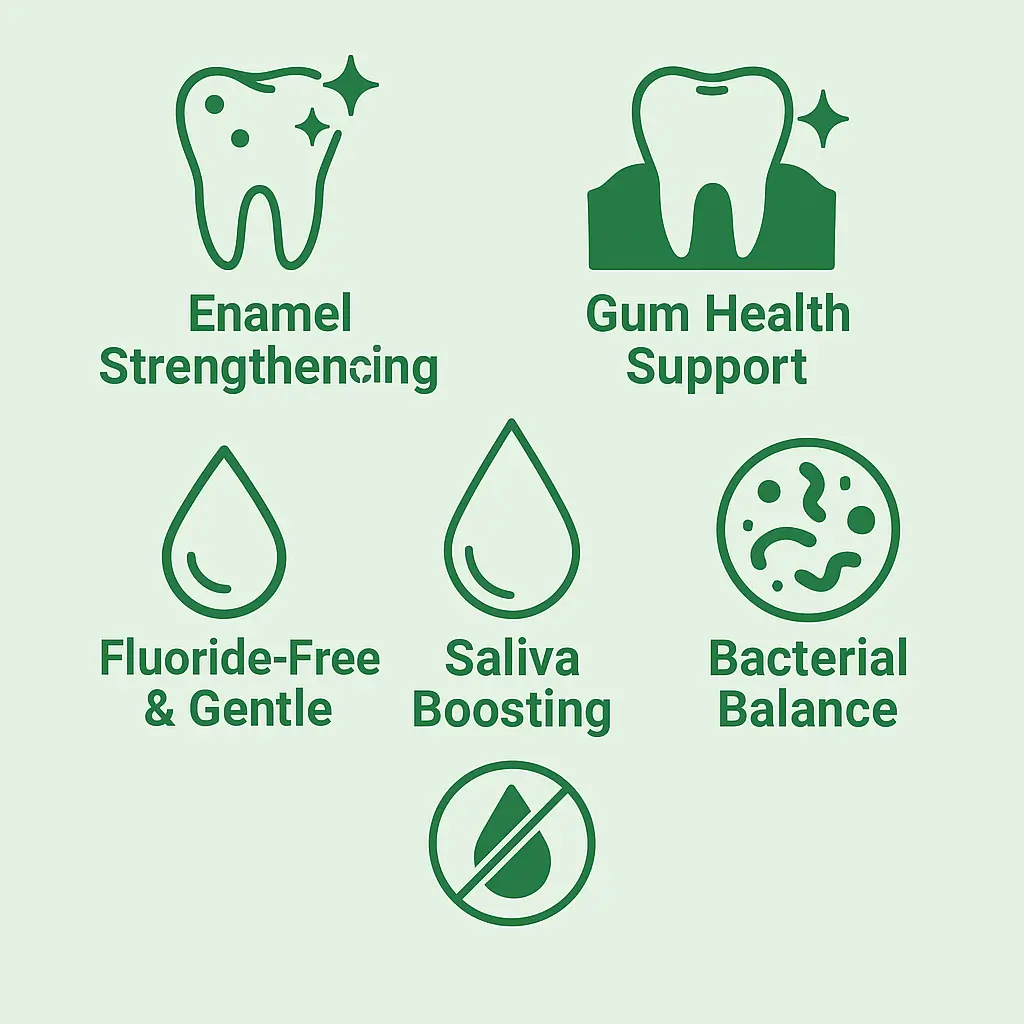
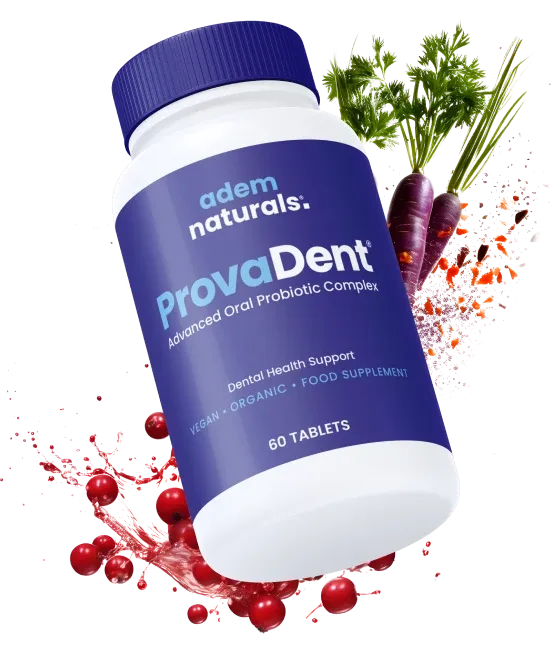
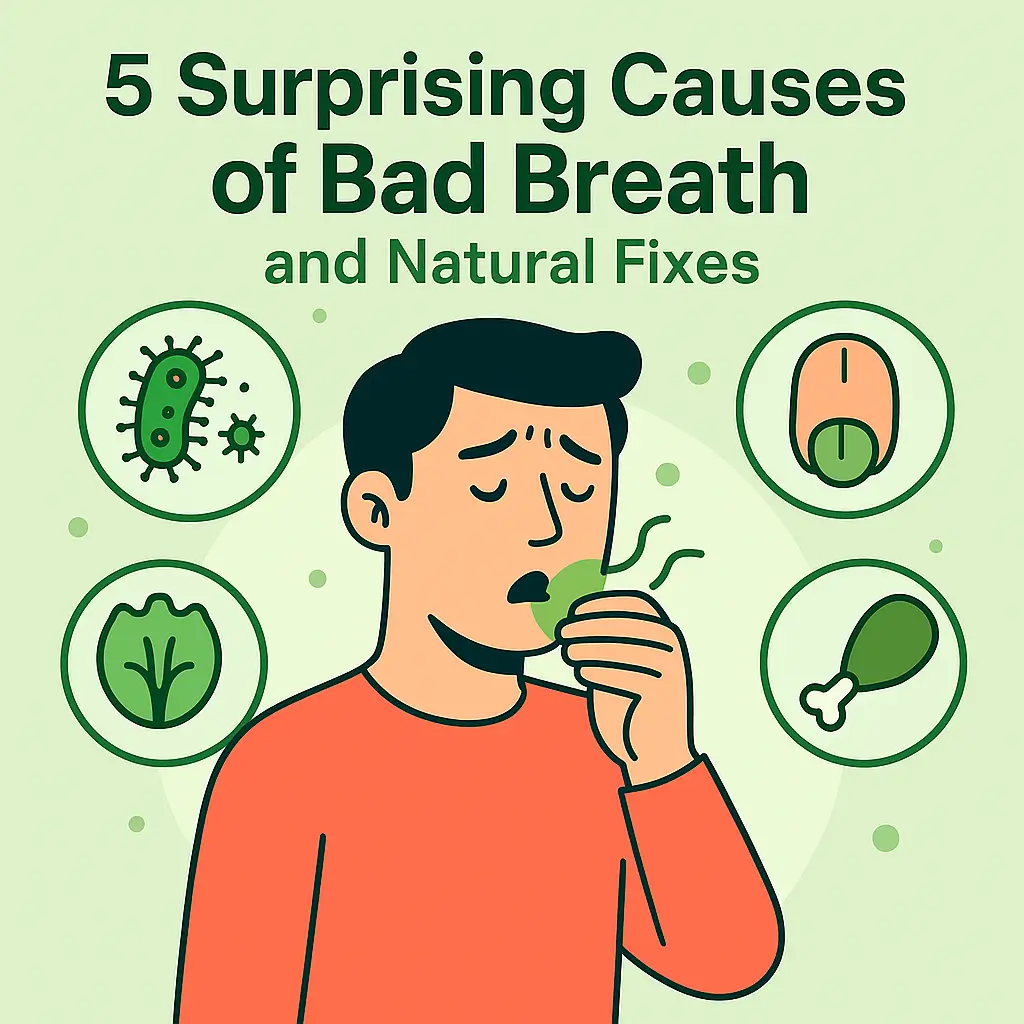









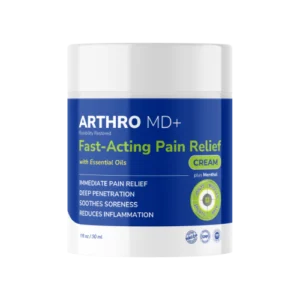
Post Comment